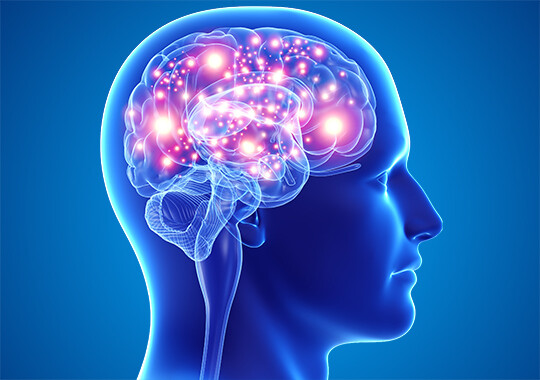
I can’t tell you how many times I’ve heard the cause of depression attributed to a chemical imbalance in the brain. It’s true that when depression manifests, chemical changes are sure to have taken place. All human emotions, hormones, and mental states are inextricably linked with chemical changes in the brain. When we describe these changes as an imbalance, what we mean is they do not lead to subjective feelings of well-being. The brain, on the contrary, has its own reasons for doing things. It may judge that the amount of a chemical is just right for reasons unknown to us even if it causes depression in a human being. That said, whether the chemical changes associated with depression should be thought of in terms of an imbalance is not crucial to this discussion. But to regard these changes as an explanation for the condition itself is simplistic at best and misleading at worst.
Take relationships, for example. Research has discovered that lust is associated with an increase in testosterone in males and estrogen in women (link). Attraction is associated with an increase in dopamine and a related hormone, norepinephrine, and an apparent reduction in serotonin. Attachment, for its part, is associated with increases in oxytocin and vasopressin. To reduce the phenomenon of lust, attraction, and attachment to their chemical states would be a blatant error. We all know from experience that social events in the world of human affairs are responsible for many changes in chemical composition.
The question depressed people must ask relates not to chemical changes in the brain but to the forces that trigger them. Speaking for myself, in the seasons I experienced depression it was always related to unresolved emotional issues. Sometimes these were clearly identifiable (I knew why I was depressed), while other times it had to do with processes taking place at a subconscious level that took some effort to access and resolve. Dr. John Sarno addresses at length the relationship between emotions, depressions, and a host of other medical conditions in his seminal work The Divided Mind: The Epidemic of Mindbody Disorders. I recommend it to everyone as an introduction to the field of mindbody medicine, especially those for whom existing treatment has been ineffective.
As we should think long and hard about whether it makes sense to discuss chemical imbalance as an explanation for anything, much less a condition as serious as depression.

Really interesting concept, I too identify with the notion of unresolved emotional issues. I’ve come to realise that expression is the opposite of depression.
The way I see it depression is just a negative form of energy. Expression transforms that same energy into something positive. Nurturing unresolved issues must be an energy taxing process—maybe the brain’s attempt to protect from something similar or worse reoccuring.
I like this a lot. I think pain is real, but suffering is just like what you have described. The minds identification with a past event being carried along as depression, like a defence mechanism for the future – we just need to learn to let go of that burden. Pain is inevitable, suffering is unnecessary.